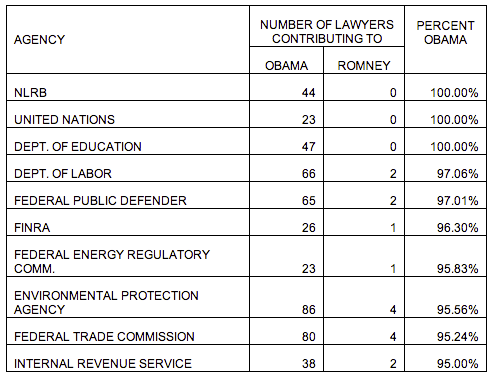From Niall Ferguson:
In “Democracy in America,” published in 1833, Alexis de Tocqueville marveled at the way Americans preferred voluntary association to government regulation. “The inhabitant of the United States,” he wrote, “has only a defiant and restive regard for social authority and he appeals to it . . . only when he cannot do without it.”
Unlike Frenchmen, he continued, who instinctively looked to the state to provide economic and social order, Americans relied on their own efforts. “In the United States, they associate for the goals of public security, of commerce and industry, of morality and religion. There is nothing the human will despairs of attaining by the free action of the collective power of individuals.”
What especially amazed Tocqueville was the sheer range of nongovernmental organizations Americans formed: “Not only do they have commercial and industrial associations . . . but they also have a thousand other kinds: religious, moral, grave, futile, very general and very particular, immense and very small; Americans use associations to give fetes, to found seminaries, to build inns, to raise churches, to distribute books, to send missionaries to the antipodes; in this manner they create hospitals, prisons, schools.”
Tocqueville would not recognize America today. Indeed, so completely has associational life collapsed, and so enormously has the state grown, that he would be forced to conclude that, at some point between 1833 and 2013, France must have conquered the United States.
The decline of American associational life was memorably documented in Robert Puttnam’s seminal 1995 essay “Bowling Alone,” which documented the exodus of Americans from bowling leagues, Rotary clubs and the like. Since then, the downward trend in “social capital” has only continued. According to the 2006 World Values Survey, active membership even of religious associations has declined from just over half the population to little more than a third (37%). The proportion of Americans who are active members of cultural associations is down to 14% from 24%; for professional associations the figure is now just 12%, compared with more than a fifth in 1995. And, no, Facebook is not a substitute.
Instead of joining together to get things done, Americans have increasingly become dependent on Washington. On foreign policy, it may still be true that Americans are from Mars and Europeans from Venus. But when it comes to domestic policy, we all now come from the same place: Planet Government.
As the Competitive Enterprise Institute’s Clyde Wayne Crews shows in his invaluable annual survey of the federal regulatory state, we have become the regulation nation almost imperceptibly. Excluding blank pages, the 2012 Federal Register—the official directory of regulation—today runs to 78,961 pages. Back in 1986 it was 44,812 pages. In 1936 it was just 2,620.
[…]
Genius that he was, Tocqueville saw this transformation of America coming. Toward the end of “Democracy in America” he warned against the government becoming “an immense tutelary power . . . absolute, detailed, regular . . . cover[ing] [society’s] surface with a network of small, complicated, painstaking, uniform rules through which the most original minds and the most vigorous souls cannot clear a way.”
Tocqueville also foresaw exactly how this regulatory state would suffocate the spirit of free enterprise: “It rarely forces one to act, but it constantly opposes itself to one’s acting; it does not destroy, it prevents things from being born; it does not tyrannize, it hinders, compromises, enervates, extinguishes, dazes, and finally reduces [the] nation to being nothing more than a herd of timid and industrious animals of which the government is the shepherd.”
If that makes you bleat with frustration, there’s still hope.

